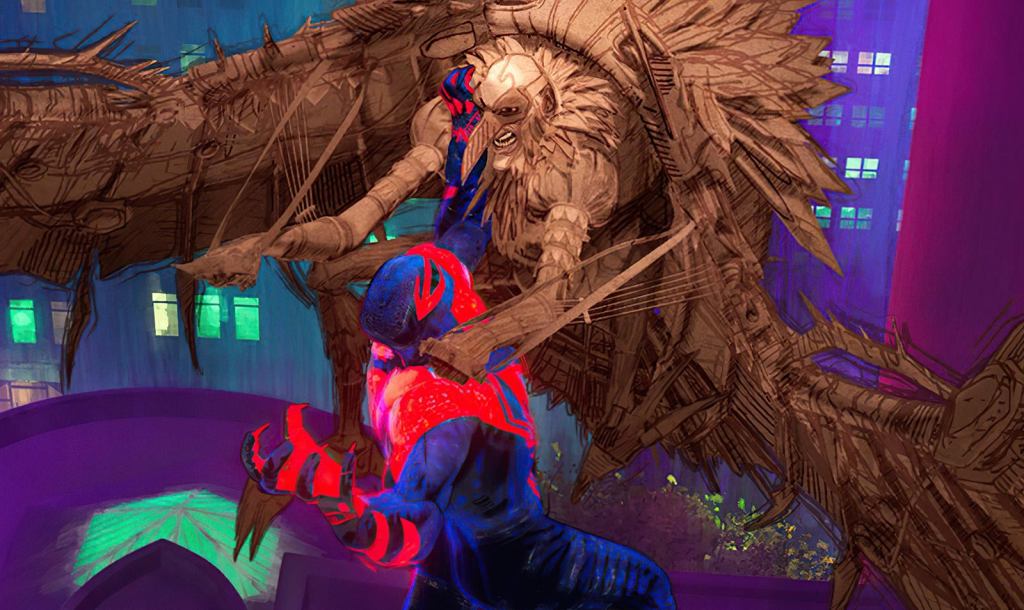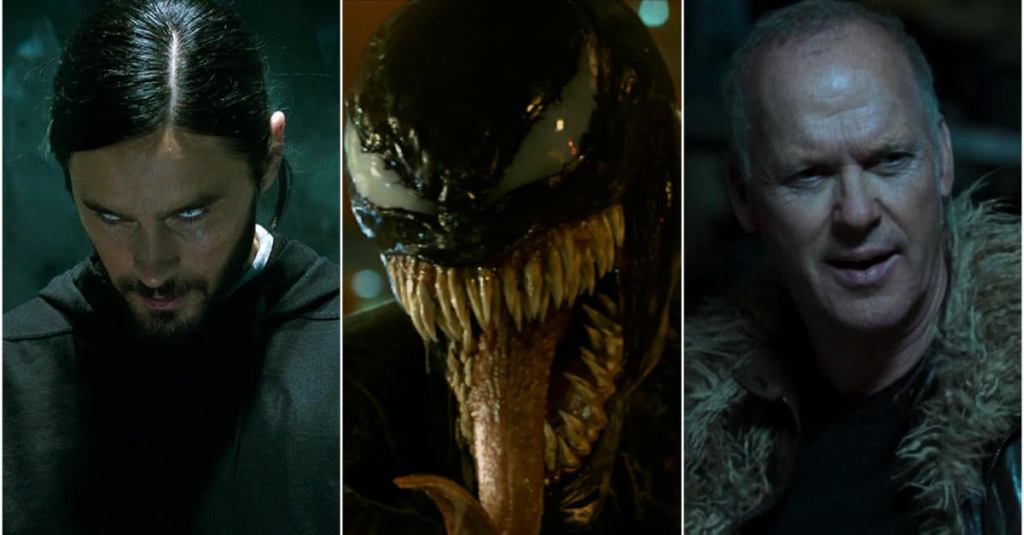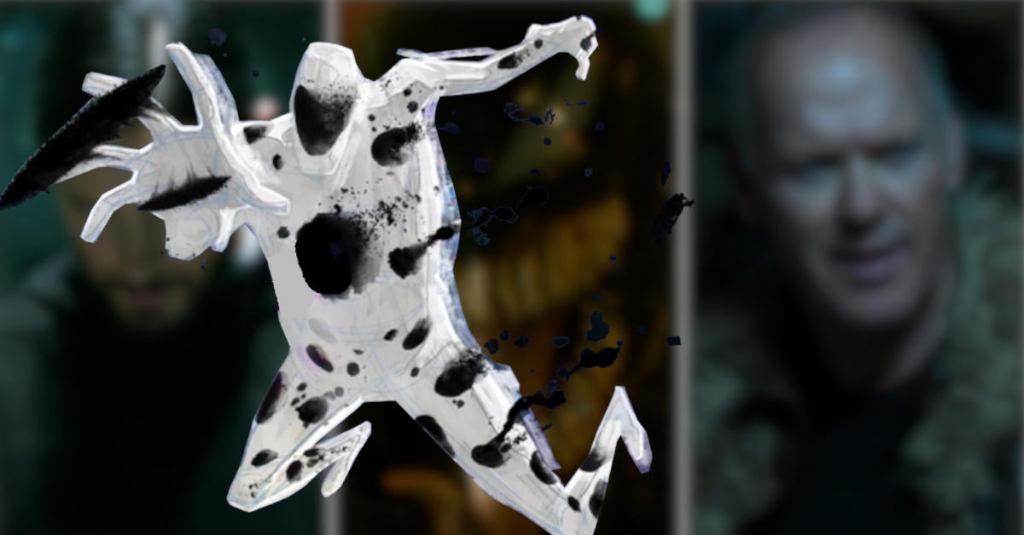Spider-Man: Across the Spider-Verse reveals more ties to the larger Spider-Man TV and movie franchise than we ever could’ve imagined. There are connections made to the live-action Marvel Cinematic Universe, and Sony’s previous Spider-Man films; there are even connections established to the Venom spinoff films series, and although some fans may not initially realize it, Across the Spider-Verse may also fix some of the biggest (and seemingly sloppiest) multiversal plotholes that were left open after both Spider-Man: No Way Home, and Morbius.
Videos by ComicBook.com
As ComicBook Nation day one fan @DamonTweets explains:
Spoiler warning for #AcrossTheSpiderverse … but did Sony just fix something??? pic.twitter.com/MBfBr97Nxf
— Damon 🏹 (@DamonTweet) June 2, 2023
Attack of the Spider-Anomalies

The larger premise of Spider-Man: Across the Spider-Verse is that the Kingpin’s disruption of the Multiverse in the first film (Into the Spider-Verse) has caused a much larger destabilization of the Web of Life and Destiny, which locks all Spider-Men and Spider-Women into a fated path of tragedy begetting heroism, and vice versa. The multiversal displacement events we saw in Into the Spider-Verse were in fact just a small part of a larger multiversal event – a mass temporal disturbance that Miguel O’Hara/Spider-Man 2099 (Oscar Isaac) and his Spider Society team have been hopping through the multiverse trying to repair, ever since.
The opening sequence of Across the Spider-Verse sees Spider-Man 2099 and Jessica Drew/Spider-Woman (Issa Rae) come to the universe of Gwen Stacy/Spider-Woman (Hailee Steinfeld) in order to apprehend an anomaly on the loose: The Vulture. However, it isn’t a modern-day Vulture that Gwen, Miguel, and Jessica encounter: it’s a Da Vinci-era version of Vulture who was randomly plucked from his home reality and stranded in Gwen’s. The implication that such displacement of Spider-Man villains is happening all over the multiverse is a small but key early detail of Across the Spider-Verse, which may help answer some long-running criticisms of Sony’s (and Marvel’s) multiverse storyline.
Why Venom, Vulture, and Electro Were Affected By The Multiverse

Marvel movie fans have been questioning the logic of Doctor Strange’s Spider-Man spell in Spider-Man: No Way Home ever since it came out. However, Across the Spider-Verse seems to explain that Strange and Peter Parker (Tom Holland) merely stumbled into a multiversal problem that was already in progress, thanks to the events of Into the Spider-Verse. That reveal then fixes a lot of the problems fans once had:
Jamie Foxx’s Electro never knew the identity of Andrew Garfield’s Spider-Man but still got pulled to Earth-199999 by Stephen Strange’s spell, which was supposedly supposed to affect anyone who knew Spider-Man’s true identity. The post-credits scenes of both Venom: Let There Be Carnage and No Way Home saw Tom Hardy’s Venom transported to Earth-199999, and then transported back to his home dimensions (respectively), even though he never even met Spider-Man. Finally, the Morbius post-credits scene saw Michael Keaton’s Vulture transported from a prison cell in Earth-199999 to the same universe as Michael Morbius (Jared Leto) and Venom – totally confounding fans about the overall logic of how these multiversal movements were happening.
Well, Spider-Man: Across the Spider-Verse has come along and provided not only a sound reason about why all these Spider-Man villains have been hopping universes (randomly) but also makes it look like part of an actual smarter franchise design. Across the Spider-Verse makes the point of having Spider-Man 2099 even reference No Way Home‘s Doctor Strange spell run amok as one anomaly issue among many they must solve, effectively using Into the Spider-Verse as the root source for any Marvel Multiverse Saga plotlines involving Spider-Man characters. As far as plot armor goes, this isn’t a bad fix.
Spider-Man: Across the Spider-Verse is now out in theaters. Beyond the Spider-Verse will hopefully put all this confusion to rest.









